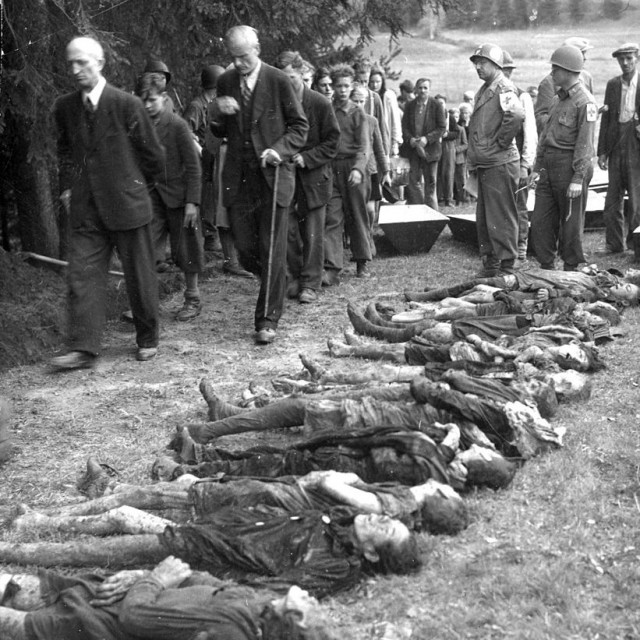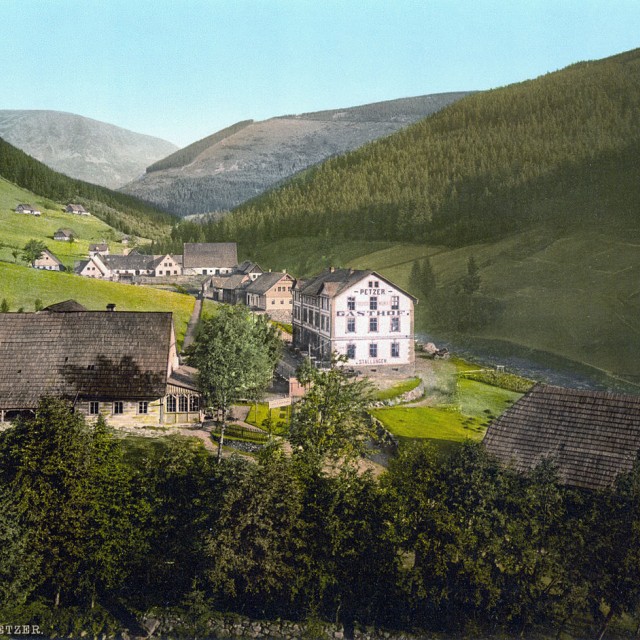I wouldn’t have been able to sleep in those beds
Eva Novotná comes from a mixed Czech-German marriage which was quite unusual in Pec pod Sněžkou according to her recollections. When the expulsion of Sudeten Germans had started after the war, her mother, (who was of German origin), was not included because she had accepted Czech citizenship before the war. “Our German neighbours who were to be expelled would go to my parents and ask them if they could hide some of their precious belongings for them, but my father would say: ‘I won’t hide anything, I have nowhere to hide the things.’ Others hoped that if my parents would take their cottage, they would be able to stay there as a labour force,” she recalled. When Mrs. Novotná’s father was offered to choose any house he liked, since their house had burnt down due to the carelessness of German soldiers, he refused to do so: “My mother knew whose house was which and kept saying that she wouldn’t have been able to sleep in those beds, they wanted their own place.” When the expulsion itself had begun, Mrs. Novotná’s father was at first saying: “Some form of justice probably exists, now that the events had taken such a turn.” Then he started to help some people who were ready to move away and he started to perceive the situation from a different viewpoint. “Our aunts Anna and Hilda had to go into the transport too, me and my mother would bring them food, and it was a strange feeling. We would talk to them over a wire fence, me and my mother on the outside and both our aunts and their children, my cousins, behind the fence," she recalled. Mrs. Novotná’s mother had never again spoken to her children in German since the start of the war.
Hodnocení
Hodnotilo 0 lidí
Routes
Not a part of any route.
Comments
No comments yet.



